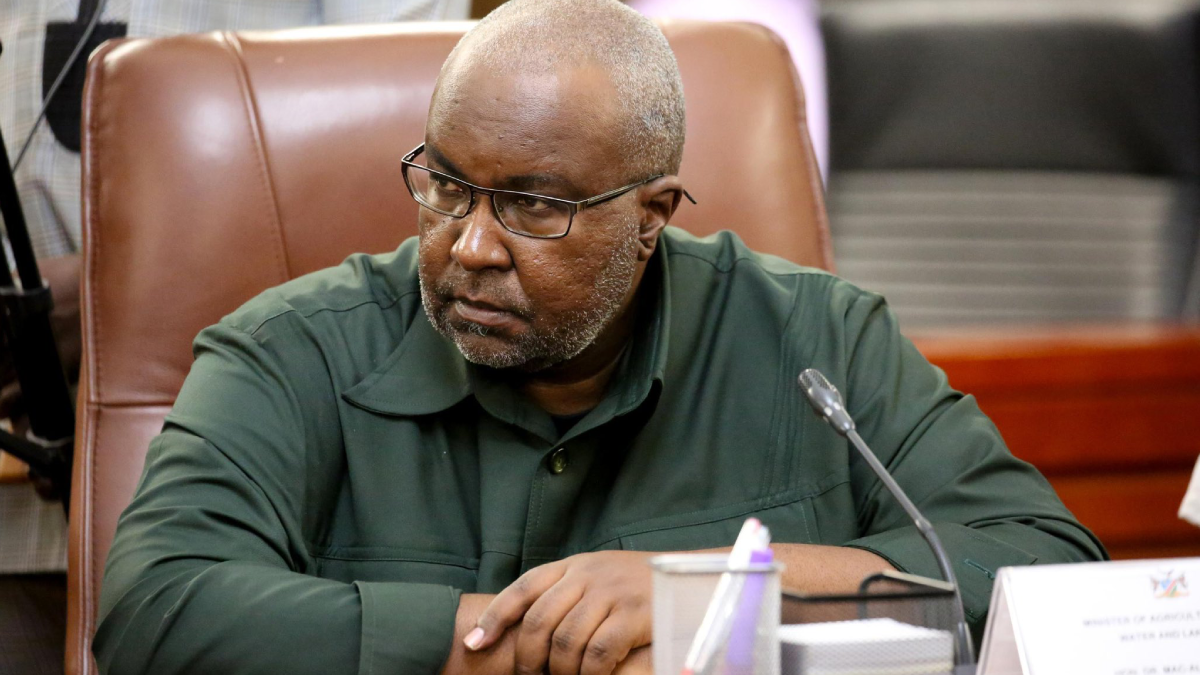Madagascar has recently implemented a new law permitting chemical and, in certain instances, surgical castration for individuals convicted of child rape.
This legislation, proposed by Prime Minister Andry Rajoelina’s government in response to a surge in child rape cases, has sparked a contentious debate among rights groups and advocates, eliciting varied reactions.
Some critics have decried the law as “inhumane,” expressing concerns about its ethical implications.

Chemical castration, involving the use of drugs to suppress hormones and reduce sexual impulses, is reversible, whereas surgical castration represents a permanent intervention.
Under the provisions of the law, offenders who rape children under the age of 10 will be subjected to surgical castration.
Cases involving children aged 10 to 13 may also face either surgical or chemical castration, and similar measures may be applied to offenders who rape minors aged 14 to 17.
ALSO READ: Sean ‘Diddy’ Combs accused of rape and severe physical abuse by ex-girlfriend Cassie in lawsuit
The primary objective of the law is to prioritize the protection of children, especially younger victims, and to impose stricter penalties, including harsher prison sentences, on perpetrators.
Despite opposition from entities such as Amnesty International and concerns regarding the transparency and medical capacity of the Malagasy criminal justice system.
However, some activists within Madagascar view the law as a necessary deterrent against sexual violence in a society grappling with a pervasive “rape culture.”

Madagascar witnessed 600 cases of minor rapes in 2023, with 133 reported incidents recorded in January 2024 alone.
Notably, several US states, including California and Florida, permit the use of chemical castration for certain categories of sex offenders, while other countries such as South Korea, Nigeria, and Pakistan have also explored similar measures.
However, the utilization of both chemical and surgical castration remains highly controversial, with the latter being a much rarer form of punishment globally.











